No one can say that their mental health hasn’t been affected by the last year and a half.
We’re all sick of hearing the ‘C’ word at this point as it’s dominated our headlines and our thoughts for the last 18+ months, but now that we seem to have entered a different phase of the pandemic – the so-called ’living with it’ – it’s important to look back on what we have learned from the last phase – our crisis phase.
Say what you will about various government responses, but for the most part I feel most us saw lockdown as the necessary evil it was. It was a necessary measure to regain control and to do what was best for the largest amount of people.
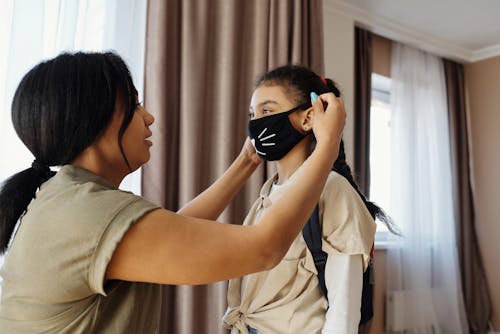
Necessary though it was, its knock-on effects are only beginning to be felt, according to researchers now conducting surveys of the psychological effects of lockdown on various social groups.
One that has come to the fore time and time again are the children. Still developing, still learning about our world, they were suddenly locked away from it to protect them.
But who was protecting their caregivers?
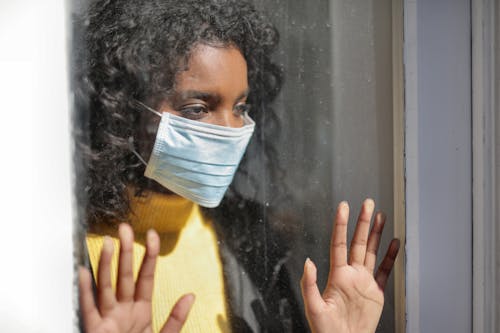
The NSPCC reports that before the pandemic and the subsequent lockdowns hit, research showed that just 1 in 5 mums and 1 in 10 dads experienced perinatal (during pregnancy or 1 year after pregnancy) mental health problems. Now however, there is concern that the number has grown, with a 28% increase in calls to the NSPCC helpline within the first three weeks of lockdown in March 2020.
This issue, Andrew Fellowes, Public Affairs Manager at the NSPCC warned, would have consequences not only right now, but in the long term, for both parents and children. With at least 50% paediatric and mental health healthcare workers re-deployed to other areas during the pandemic, services for new parents and babies were limited and compromised.
‘It is imperative that families continue to have access to services during the lockdown so that mental health problems can be identified and specialist support provided if needed.’ Fellowes warns.
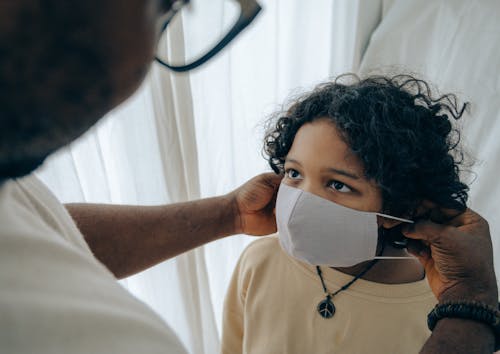
A study of 1329 women living in the UK with children under the age of 12 months found that although 56% of women reported feeling down 59% felt lonely and 70% felt worried, a solid 70% felt able to cope.
The report also found that things like contact with infant support groups and a higher gestational age for their baby were predictors of better mental health, but things like unequal division of household chores with a partner, fears over the ability to provide food due to lockdown and having a lower income contributed to poorer mental health.
It didn't just affect parental mental health - it also affected different aspects of parenting. Another study looked at 1365 new mother’s breastfeeding habits and how they were affected by Covid19 and lockdown. It compared women who had given birth before lockdown and those who had given birth during lockdown and while breastfeeding initiation did not differ between the two groups, it found that that 45% of women who’d given birth during lockdown did not feel they’d received enough feeding support, whether that was from a partner, a healthcare professional or an online group.
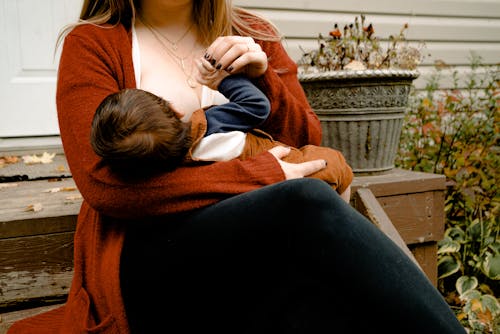
Overall, 8-9% of both groups of women had contacted a mental health professional and felt a lack of support from family, as well as distress that family had missed out on seeing the baby. The study concluded that there was a need for better infant feeding support, especially 'face-to-face' support for practical issues; and recognising and supporting mothers who are struggling with mental health challenges or other aspects of their health.
And it wasn’t just new mums who experienced heightened stress levels during the pandemic – a Italian study surveyed 206 mother of children aged 8-18 and found that lockdown – which was particularly severe in regions of Italy – led to high levels of parental distress, which in turn impacted their own child’s mental health. This study highlighted the mother’s role as a buffer for their child’s mental health against external forces.
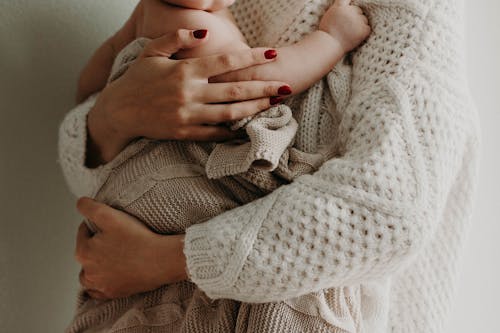
Job losses salary reductions, the transition to working from home, handling learning from home, care for elderly or sick parents and lack of support from friends and colleagues were all cited as major stressors for mothers in the survey, which is something we can all relate to from the last year.
And all these surveys, despite coming from different sources and different countries, call for the same thing – increased parental support during times of crisis. Better researched outreach programs. Support that actually makes a difference, not just ticks a box. This essential research need sot be consulted and implanted into a prevention plan, rather than a treatment plan in case of further crisis, that scientists keep predicting is inevitable.
It’s key that we learn from this experience and make use of the research conducted to combat this mental health crisis before it worsens.






